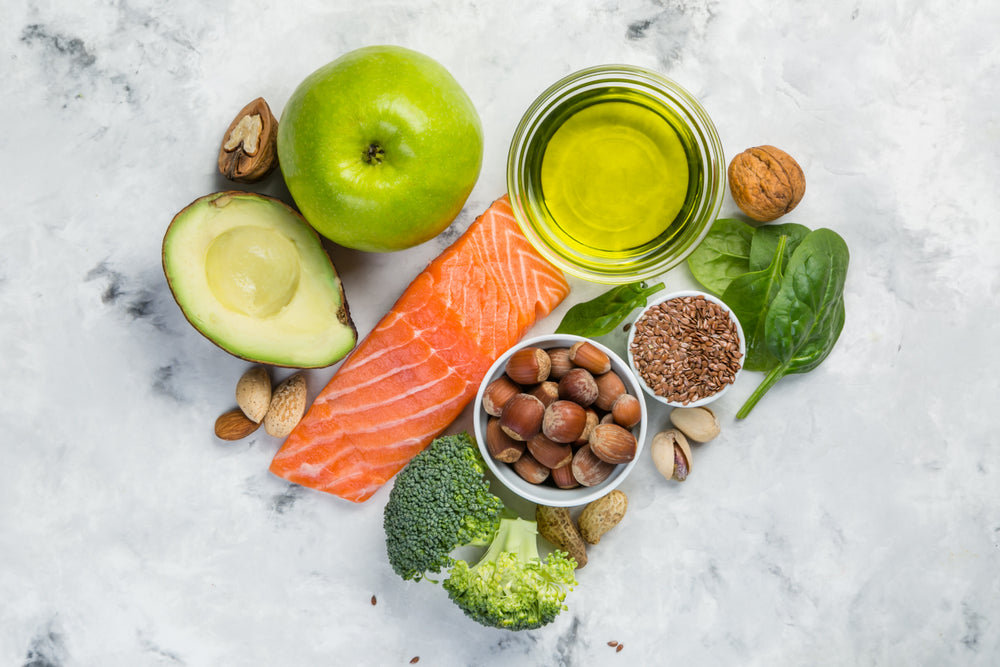The keto diet, short for ketogenic diet, is a popular eating plan known for its rapid weight loss results. However, its benefits extend beyond weight management. The keto diet involves consuming high amounts of healthy fats, moderate protein, and minimal carbohydrates to achieve a state of ketosis, where the body uses stored fat as its primary source of energy. This leads to various health benefits, including weight loss through fat burning, reduced appetite, anti-inflammatory effects, improved blood sugar regulation, cardiovascular health support, and enhanced brain health. It's important to consult with a healthcare provider before starting the keto diet, as it may not be suitable for everyone.
The keto diet's popularity has really blown up over the past few years. Between all the new books, websites, and dedicated podcasts, it's been making the headlines for helping people with rapid weight loss! In 2018, the CDC estimated that around 42% of American adults were obese, which is on the rise.
With so many new diets out there, it's easy to feel confused about the right diet, or you might feel unsure about which diets are just the next fad. A 2020 survey found that around 184.83 million Americans watched their diet [1]. A poll demonstrated that the average person would try about 126 different diets in their lifetime [2] - yes, you read that number right!
So if you've been jumping from diet to diet but haven't been able to figure out the right way of eating for yourself, you're not alone.
The ketogenic diet is an effective research-backed eating plan that packs fantastic health benefits beyond weight loss. So keep reading if you're interested in the incredible science of keto and want to find out if a keto diet might be right for you!








































